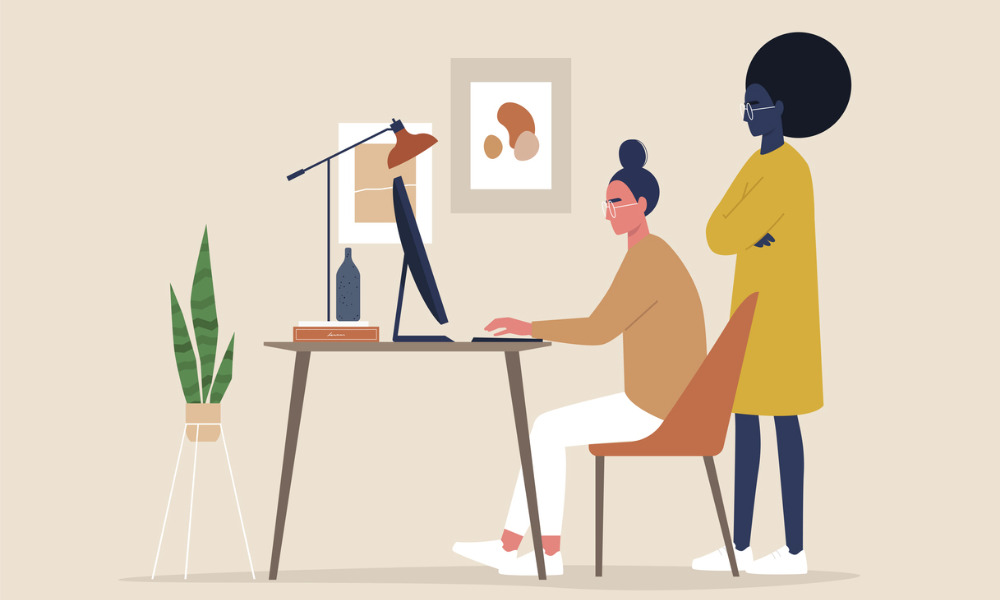
The prototype supposedly knows how long workers are away from their desk

A ‘smart’ cushion that purportedly tracks health metrics, such as heart rate and posture, has ignited a data privacy debate after workers discovered their managers were using it as a surveillance device.
A technology company in China developed the cushion with sensors inside, then distributed the prototype to employees as part of research & development. The cushion supposedly tracks the employees’ vital signs and posture – whether they’re sitting upright or slouching – to predict their levels of fatigue. It also sends them an alert if they’ve been sitting for too long.
Read more: Is it legal to track employees using GPS?
At the time the cushions were trialled, however, the devices were also said to be reporting how long and how frequently the workers were away from their desk. The data was then made available to the management, in particular, the head of HR, The New York Times reported.
The HR manager had reportedly raised concerns about the employees’ absences, frequent breaks, and early sign-off from work, and cited specific details gleaned from the employees’ behaviour.
As one employee shared on Chinese social media: “The data collected – such as when you’re at your seat, when you’re not, when you become emotional – is all in the hands of your boss. What’s more, the human resources department will check this data. Does it mean that our work performance will be assessed based on this information, too?”
Read more: Should HR 'snoop' on employee conversations?
The tech company has since denied allegations of employee surveillance.
“We aim to collect more trial data, not to monitor employees. All the collected data will be confidential and used for product development,” the company said. “It isn’t linked to employees’ attendance, or performance evaluation or bonus distribution.”
While the company issued a warning to the HR manager for having shared the private data of staff, the CEO said the manager had a right to inquire about the absences and break times of employees.
“If the employees aren’t at their seats, then we can’t collect the data,” the CEO said.
The incident is the latest amid China’s culture of regulating employee behaviour and performance.
Employers in the tech sector have come under fire for promoting the ‘996’ work culture in which employees are expected to work 12-hour shifts, from 9 a.m. to 9 p.m., for six days a week.
The death of a worker just before the new year renewed online debate about the industry’s “brutal culture of overwork,” HRD reported.